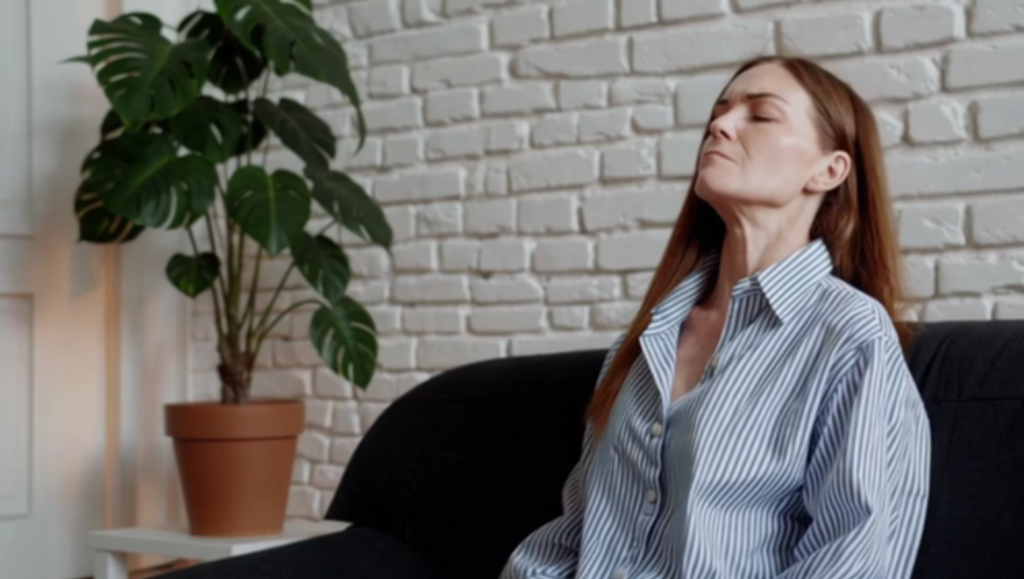Over One Year of Hiccups Are Now Gone: What Hypnosis Teaches About Healing

Most people have experienced the annoyance of hiccups. You have a few minutes of involuntary spasms that eventually fade. But imagine living with hiccups for over a year. That was the reality for one of my patients whose life became a daily struggle. Eating, speaking, and even resting were interrupted by relentless contractions of her diaphragm. Medications, surgeries, and endless medical consultations failed to bring relief.
Then, together, we accomplished something remarkable. Under hypnosis, she was guided to focus deeply, calm her nervous system, and access the unconscious patterns maintaining her hiccups. Within two sessions, the hiccups stopped, and for the first time in over a year, silence returned to her.
This is not a fairy tale. There are other documented medical cases showing that hypnosis can sometimes succeed where traditional methods have reached their limits.
What Is Hypnosis Really?
Hypnosis is not mind control or stage trickery; it is a focused state of attention where the conscious mind relaxes, allowing the subconscious to respond more openly to suggestion. Modern research in neuroscience and psychology has shown that hypnosis can change patterns in the brain, regulate the autonomic nervous system, and reduce physical and emotional distress.
Medical and Mental Health Applications of Hypnosis
The story of the woman with hiccups is unusual, but it illustrates an important point: when symptoms become “stuck,” hypnosis can help unlock the mind–body connection. Here are some areas where hypnosis is applied today:
-
Chronic Pain Relief
Hypnosis has been shown to reduce pain perception in conditions such as arthritis, fibromyalgia, migraines, and even cancer-related pain. -
Anxiety and Stress Management
By slowing racing thoughts and creating calm, hypnosis provides a drug-free tool for managing panic, worry, and everyday stress. -
Functional Disorders
Conditions like irritable bowel syndrome (IBS), tinnitus, and certain types of psychogenic coughs or spasms respond to hypnotic techniques by easing nervous system overactivity. -
Sleep Difficulties
Hypnotherapy can help retrain the brain to promote restorative sleep, reducing insomnia and nighttime awakenings. -
Breaking Habits
From smoking to nail biting, hypnosis taps into the subconscious patterns that fuel unwanted behaviors.
Why Hypnosis Works Where Other Approaches Sometimes Don’t
Unlike medication, which targets chemical pathways, hypnosis addresses the mental and emotional “loops” that keep symptoms alive. When the conscious mind says, “I want this to stop,” but the subconscious keeps repeating the pattern, hypnosis bridges the gap—helping the two parts of the mind work together.
This is not about magic. It is about creating a state where the body can reset itself. For the woman with hiccups, her nervous system needed a reset, and hypnosis provided the doorway.
Is Hypnosis Right for You?
If you are dealing with stress, anxiety, chronic symptoms, or habits you can’t seem to break, hypnosis may be a safe, supportive option. It is often used in conjunction with medical treatment to enhance overall well-being.
Just as the woman with hiccups discovered, relief sometimes comes when we stop fighting our symptoms and instead learn how to guide the mind toward healing.
A Thought to Consider
If your mind has the power to create discomfort, doesn’t it also hold the power to create comfort and healing?
Ready to explore hypnosis for your health and peace of mind? Reach out today to learn how you can harness your own inner resources.
